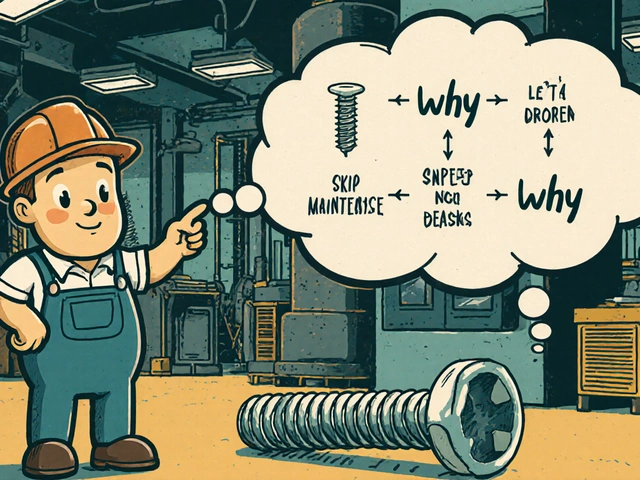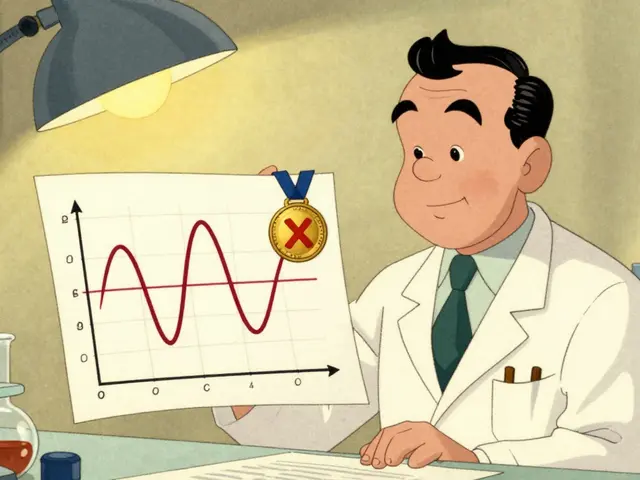ARB (Angiotensin Receptor Blocker) Basics You Need to Know
If you’ve been told to take an ARB, you probably wonder what that even means. ARB stands for Angiotensin Receptor Blocker, a family of medicines that help lower blood pressure by stopping a hormone called angiotensin II from tightening your blood vessels. The result? Your arteries stay relaxed, your heart doesn’t have to work as hard, and you lower the risk of heart attacks, strokes, and kidney damage.
Doctors often pick ARBs instead of older drugs like ACE inhibitors when patients develop a cough or other side effects. Common ARBs you’ll see on a prescription label include losartan, valsartan, irbesartan, telmisartan, and candesartan. All of them work the same way, but they differ a bit in how long they last and how they’re dosed.
When Are ARBs the Right Choice?
Most people start an ARB after a diagnosis of hypertension (high blood pressure) that isn’t controlled by lifestyle changes alone. They’re also a go‑to for people with diabetes who need extra kidney protection, or for those with heart failure who need to reduce strain on the heart. If you’ve had a heart attack recently, an ARB can improve your recovery chances.
Guidelines suggest trying an ARB as first‑line therapy for many patients, especially if they can’t tolerate ACE inhibitors. Your doctor will look at your overall health, other meds you take, and any kidney issues before deciding which ARB and dose are best.
Typical Benefits and What to Watch For
On the plus side, ARBs are praised for their gentle profile. Most users don’t experience the persistent dry cough that’s common with ACE inhibitors. They also tend to cause fewer taste disturbances and less swelling (angio‑edema).
That said, ARBs aren’t completely risk‑free. The most frequent side effects are mild – like dizziness, headache, or a low potassium level. Rarely, you might see high potassium (hyperkalemia) or worsening kidney function, especially if you’re already on a diuretic or have chronic kidney disease.
Pregnant women should avoid ARBs because they can harm the developing baby. If you’re planning a family, discuss alternatives with your doctor.
To keep things safe, get your blood pressure checked regularly, and have labs done for kidney function and electrolytes every few months. If you notice unusual swelling, sudden weight gain, or a persistent metallic taste, call your healthcare provider right away.
Finally, don’t stop an ARB abruptly. Cutting it off can cause a rebound increase in blood pressure, which puts you back at risk for a heart attack or stroke. If you need to switch meds, your doctor will taper the dose or overlap it with another blood‑pressure drug.
In short, ARBs are effective, usually well‑tolerated tools for managing blood pressure and protecting your heart and kidneys. Knowing the basics, watching for side effects, and staying in touch with your doctor will help you get the most out of your ARB therapy.

Telmisartan for Chronic Kidney Disease: Comprehensive Review
- By : Tamsin Riverton
- Date : Sep 8 2025
Explore how Telmisartan works, the evidence for its use in chronic kidney disease, safety tips, guideline recommendations, and practical advice for patients and clinicians.




